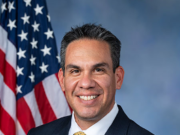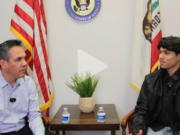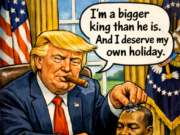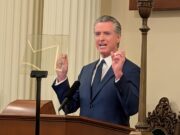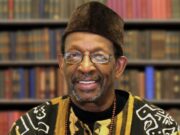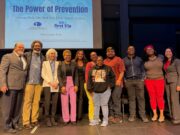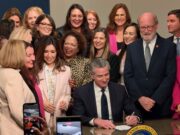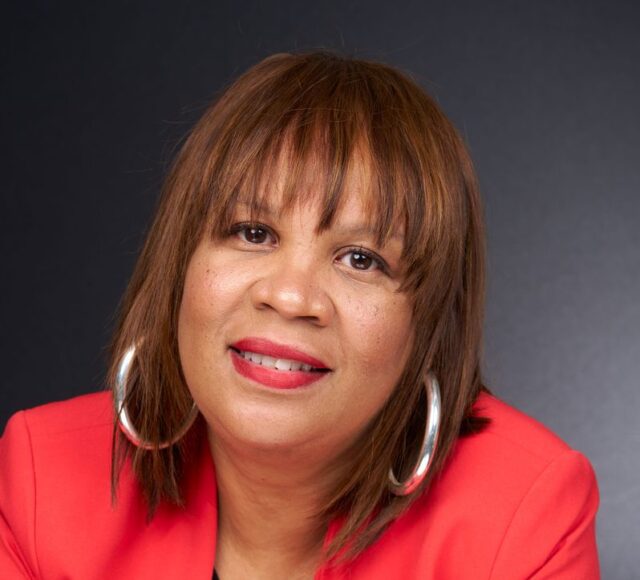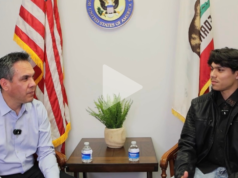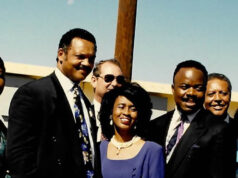By Kellie Todd Griffin | Special to California Black Media??
We are standing at a crossroads –where our history meets our future. And in this moment, we must ask ourselves: What would our ancestors do?
Over the last six months, we’ve watched companies quietly step away from their commitments to diversity, equity, and inclusion (DEI). And that has left many of us with a hard choice to make because — let’s be real –letting go of our conveniences isn’t easy. But we have never been a people who choose what’s easy over what’s right. Our legacy is built on struggle, on sacrifice, on knowing that real progress doesn’t come without real work.
Almost 70 years ago, the Montgomery Bus Boycott showed us exactly what that work looks like. It wasn’t just about Rosa Parks refusing to give up her seat. It was about an entire community coming together — pastors, first ladies, labor leaders, business owners, everyday folks — who said, “Enough.” For 13 months, they walked instead of riding the bus. They organized carpools. They sacrificed their safety, their comfort, and their livelihoods to take a stand. And they won.
That boycott didn’t just desegregate buses. It showed the world the power of Black economic resistance. It hit the city’s transit system where it hurt, forcing real change. And when insurance companies tried to shut them down, they found a way. When taxi drivers were threatened for supporting the movement, they kept going. When the world told them no, they answered with action.
And we’ve seen that same power time and again. In the 1980s, Rev. Jesse Jackson and Operation PUSH took on Coca-Cola, demanding that the company invest in Black businesses and communities. After just one month of organized pressure, Coca-Cola agreed to funnel millions of dollars into Black-owned enterprises, expand diversity in its workforce, and increase Black representation at the decision-making table.
In the 1990s, Jackson and Glenda Gill did it again — this time with the auto industry. They pushed Japanese car manufacturers to invest in Black suppliers, dealers, and employees, securing $7.2 billion in diversity initiatives from Toyota alone.
These movements teach us something critical: Boycotts work. Economic action drives systemic change. But let’s be clear: change requires sacrifice. There will be Black- owned businesses caught in the crossfire. Some will lose shelf space. Some may struggle. And that is a real and difficult truth. But history shows us that without real commitments to equity, they’ll be left behind anyway.
Montgomery wasn’t just about civil rights. It was an economic battle. And for a moment, we built something incredible — a fully functioning Black-owned transit system. But when the buses were integrated, that system disappeared. And that should make us think.
Many Black entrepreneurs today are building businesses out of necessity. They see a need in the market, and they fill it — not just for profit, but for us. And if they can trust us to support them, then we have to demand more from the places that only see us as consumers.
Last fall, Walmart announced it would no longer focus on DEI, choosing instead to talk about “belonging.” And yet, just weeks later, they rolled out holiday commercials featuring Lorenz Tate, Nia Long and Busta Rhymes –images carefully designed to speak to us, to our culture, to our spending power.
And our spending power is undeniable. Black consumers make up 10% of Walmart’s sales, 8.9% of Target’s. Our economic clout reached $1.6 trillion in 2020. And it’s only growing.
Our dollar matters. But this moment isn’t about money. It’s about power. It’s about whether we’re willing to step outside our comfort zones, to punch above our weight class just like our ancestors did. Because our fight has never been about today. It has always been about tomorrow.
So, the question is: What kind of future are we willing to build? And what are we willing to sacrifice to get there?
Let’s make this happen.
About the Author
Kellie Todd Griffin is the President & CEO of the California Black Women’s Collective Empowerment Institute. With a deep commitment to equity and justice, she champions initiatives that amplify the voices and influence of Black women across California. Known for her strategic insight and passion for community empowerment, Kellie is a driving force in fostering systemic change and collective progress.



